
Introduction: Black Power
Introduction by Teaching for Change
If the nonviolence of the Southern Freedom/Civil Rights Movement frightened mainstream people in the United States, the Black Power movement confronted institutional racism with a youthful boldness and fearlessness unseen since enslaved Africans took up arms in the Civil War. In this section, important “founding documents” of the Black Power movement are examined. In addition, the section explores the impact of Black Power on other oppressed peoples in the United States.
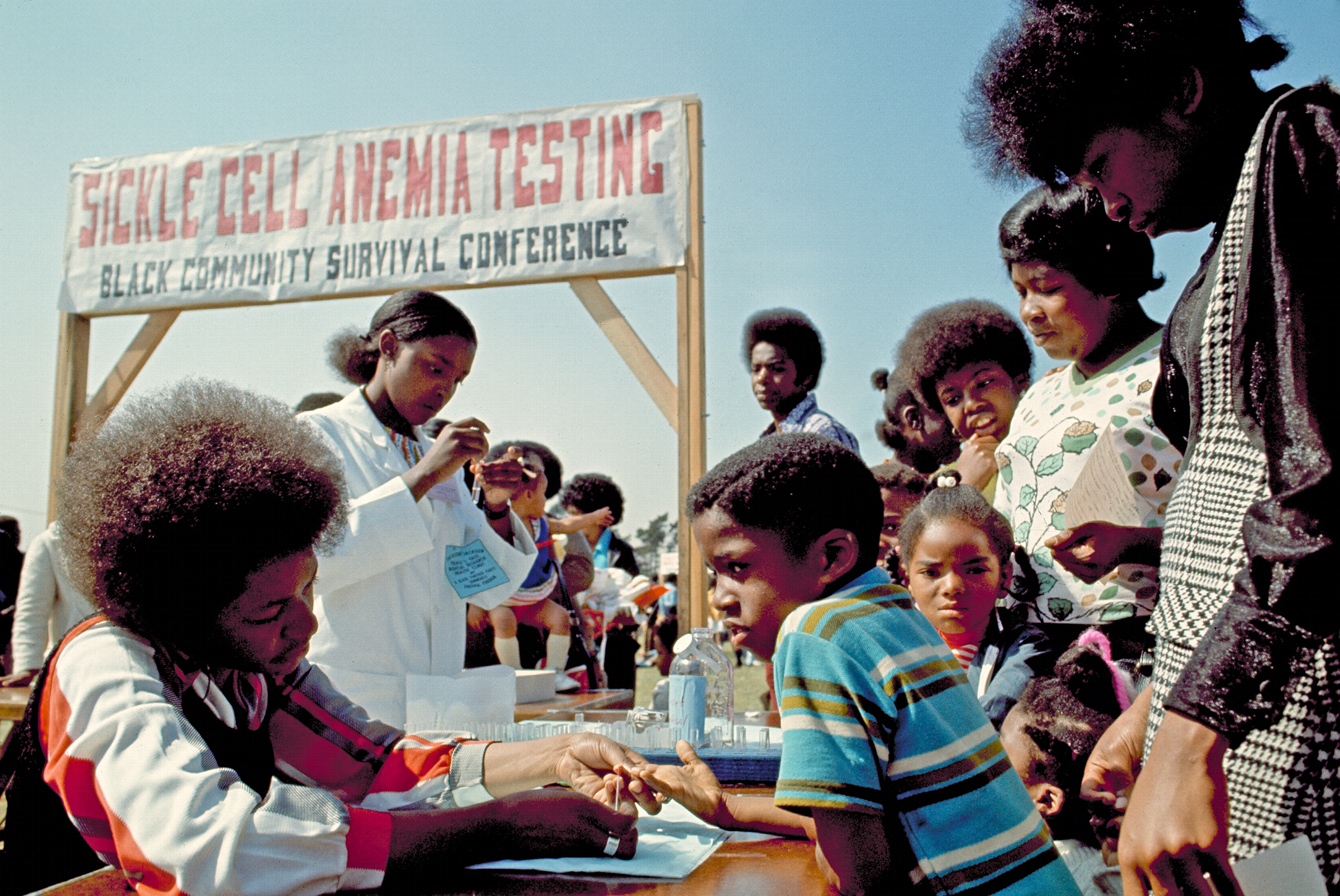
What We Want, What We Believe: Teaching with the Black Panthers’ Ten Point Program
Lesson by Wayne Au
Students read the Black Panther Party's 1972 Ten Point Program to understand the conditions the Panthers were attempting to identify and deal with, then analyze their world today and write their own Ten Point Program for social issues they would like to address.
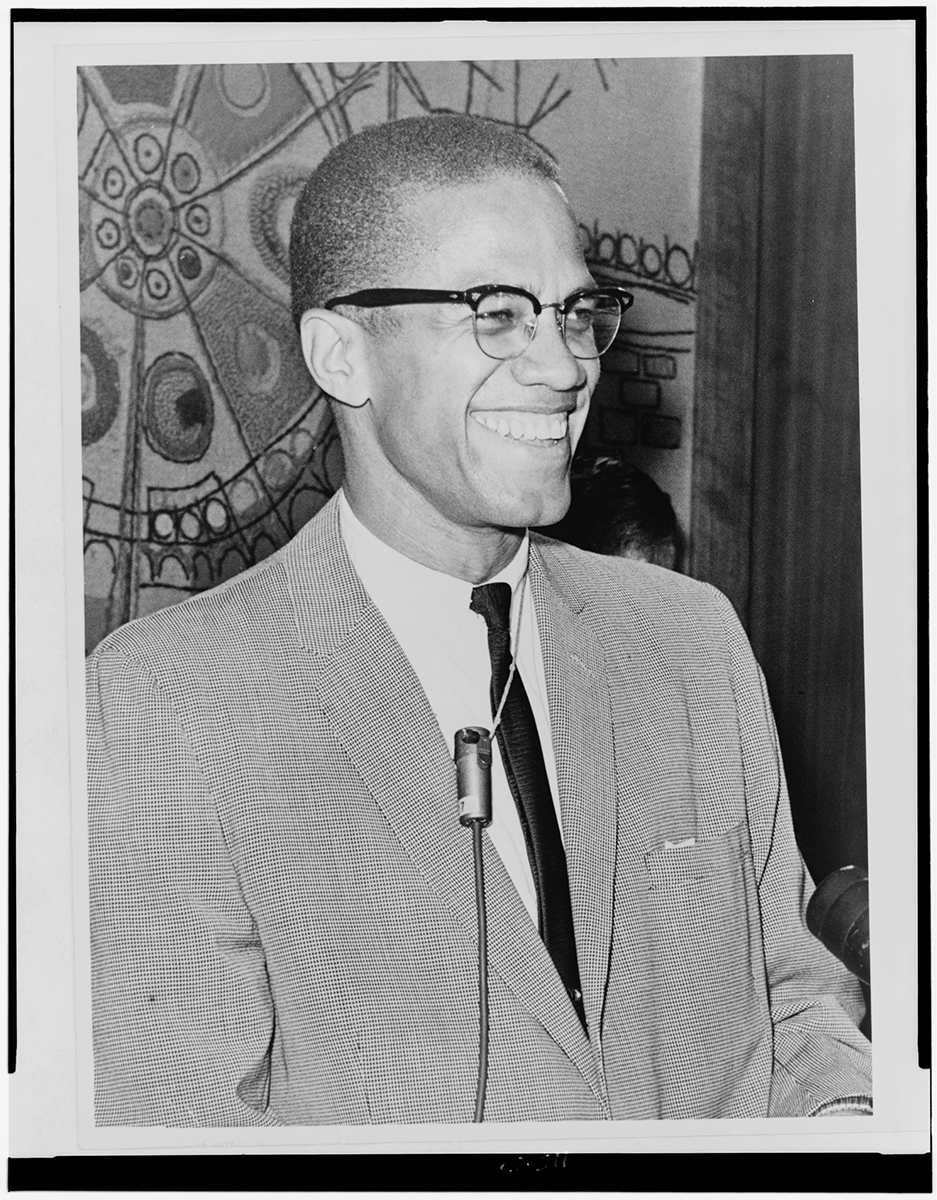
Black Nationalism and Black Pride: The Ballot or the Bullet
Primary Document by Malcolm X
An excerpt from a speech given in Cleveland in April 1964. At this period of his life after Malcolm X (el-Hajj Malik el-Shabazz) had broken with Nation of Islam leader Elijah Muhammad, made a pilgrimmage to Mecca, and begun to develop his own movement, the Organization of Afro-American Unity. He was assassinated on February 21, 1965.
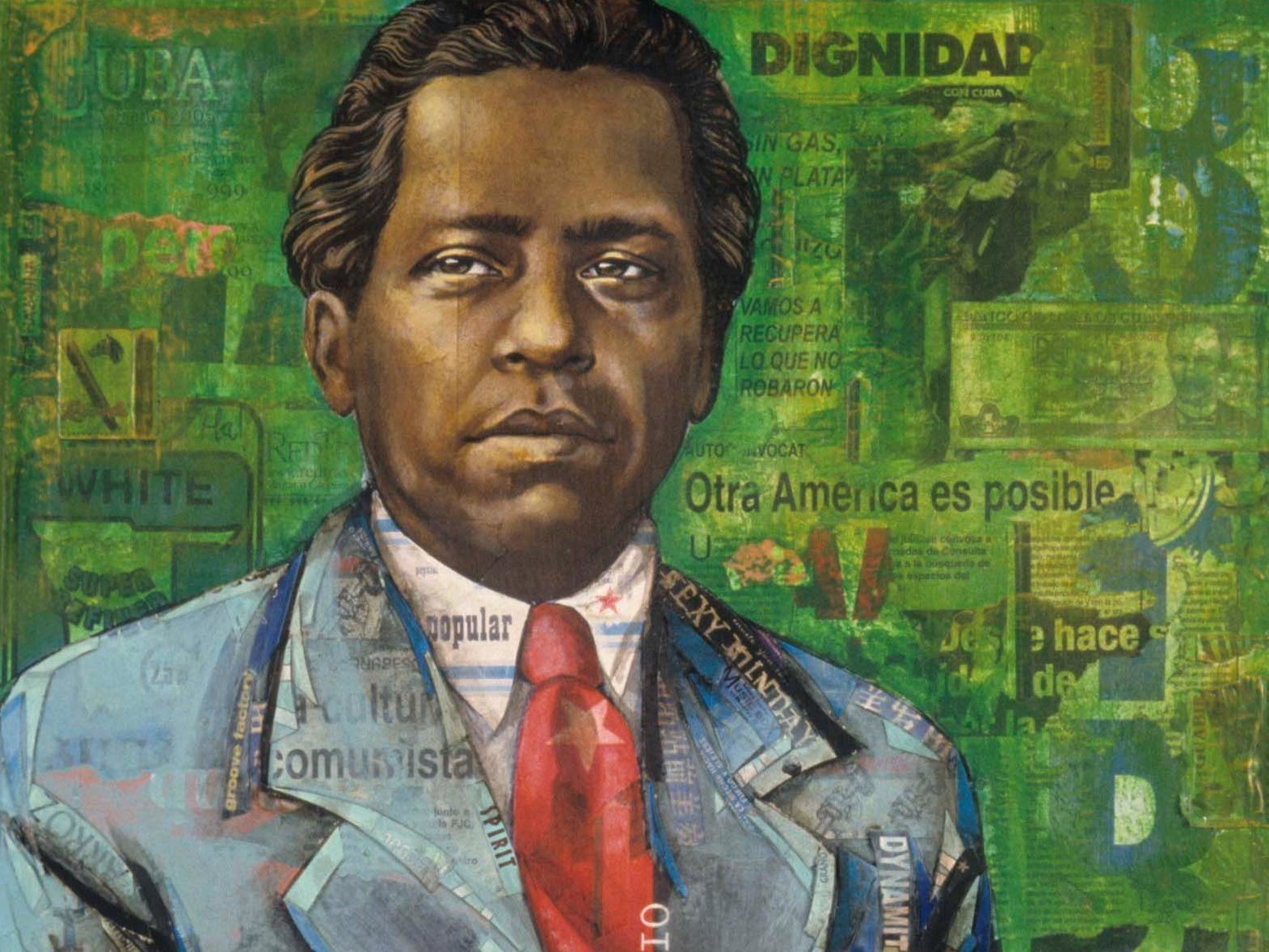
Nicolás Guillén: The Struggle against Two Racisms
Reading by Carmen Gómez García
In this essay, excerpted from a chapter on the history of Cuban social poetry, Gómez García introduces the reader to Guillén’s poetry about racism in the United States. This is an ideal text for classes on poetry, Spanish, 20th-century U.S. history, and Latin American history.
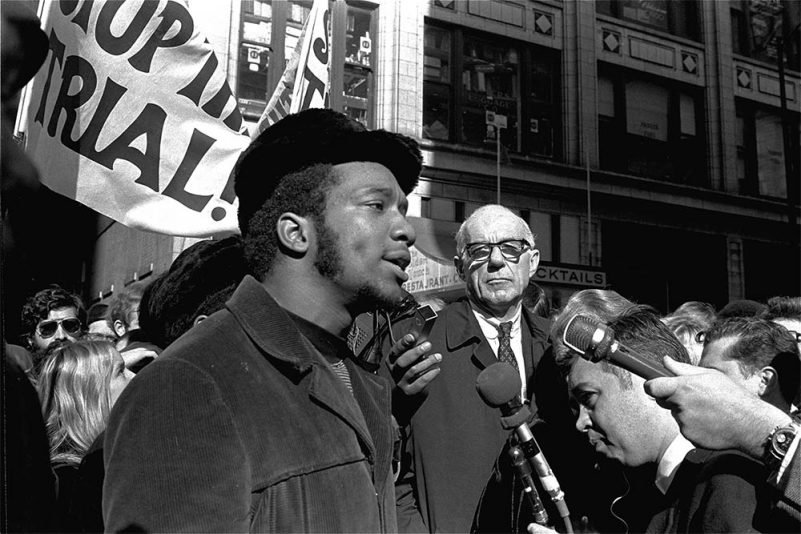
COINTELPRO: Teaching the FBI’s War on the Black Freedom Movement
Lesson by Ursula Wolfe-Rocca
Through examining FBI documents, students learn the scope of the FBI’s COINTELPRO campaign to spy on, infiltrate, discredit, and disrupt all corners of the Black Freedom Movement.
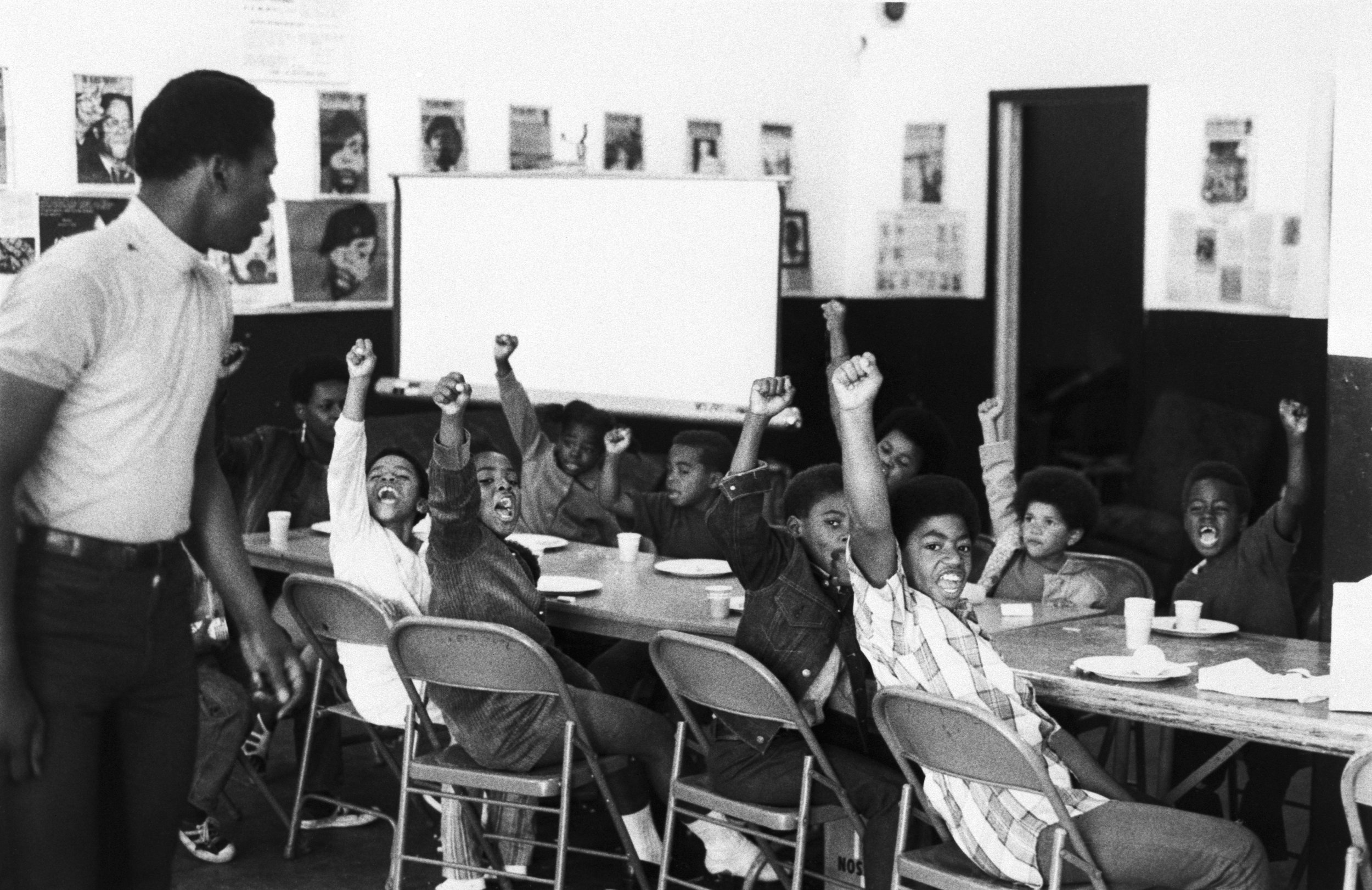
What We Don’t Learn About the Black Panther Party — But Should
Lesson by Adam Sanchez and Jesse Hagopian
A mixer lesson introduces students to the pivotal history of the Black Panthers.
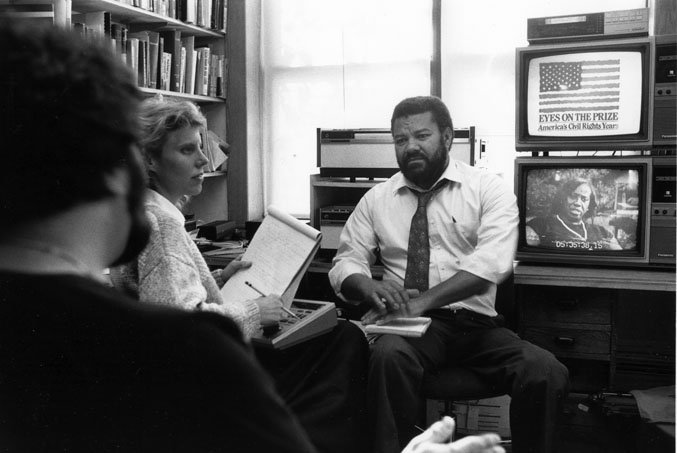
Teaching Eyes on the Prize, Teaching Democracy
Reading by Judy Richardson
Richardson shares key insights and considerations for teachers when using the Eyes on the Prize film.
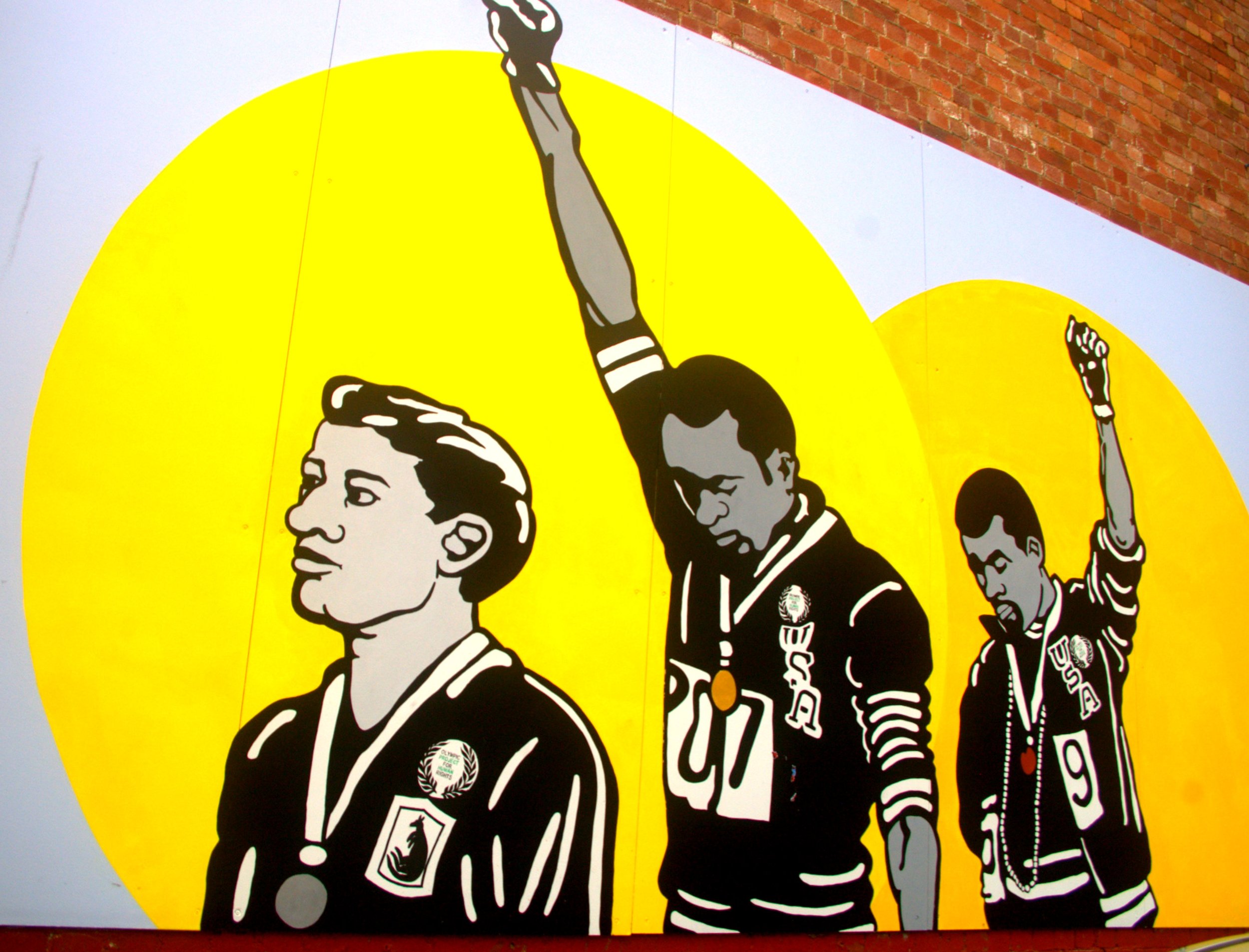
Elegy for Peter Norman
Reading by Josh Healey
Poem about Peter Norman, the white Australian athlete in the historic protest and iconic photo at the 1968 Olympics.
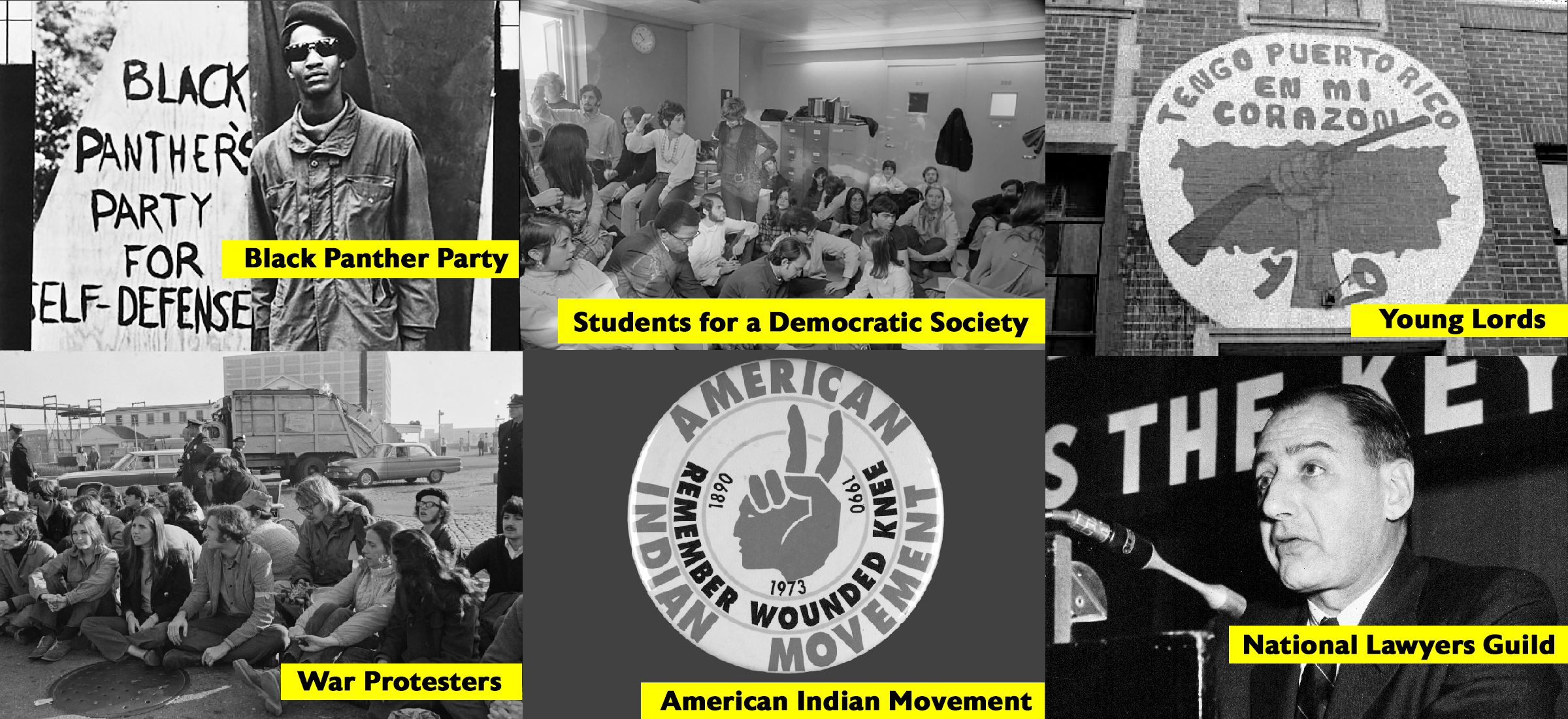
Why We Should Teach About the FBI’s War on the Civil Rights Movement
Reading by Ursula Wolfe-Rocca
Though COINTELPRO offers teachers a trove of opportunities to illustrate key concepts, including the rule of law, civil liberties, social protest, and due process, it is completely absent from most mainstream textbooks.
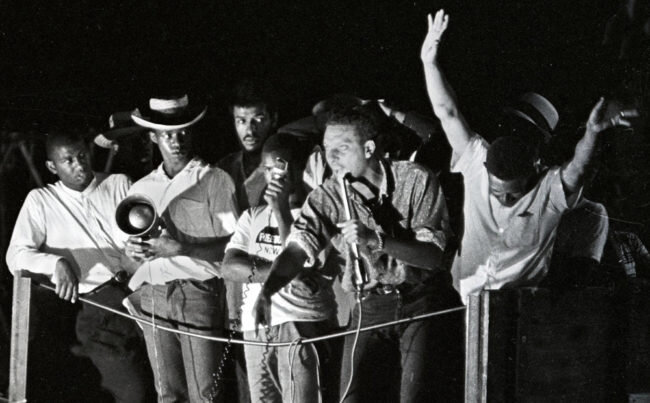
What Happened to the Civil Rights Movement After 1965? Don’t Ask Your Textbook
Reading by Adam Sanchez
Too often, students are taught that the Civil Rights Movement ended in 1965 with passage of the Voting Rights Act. It didn’t. Adam Sanchez argues that it is essential to teach the long, grassroots history of the Civil Rights Movement in order to help students think about today’s movements for racial justice.
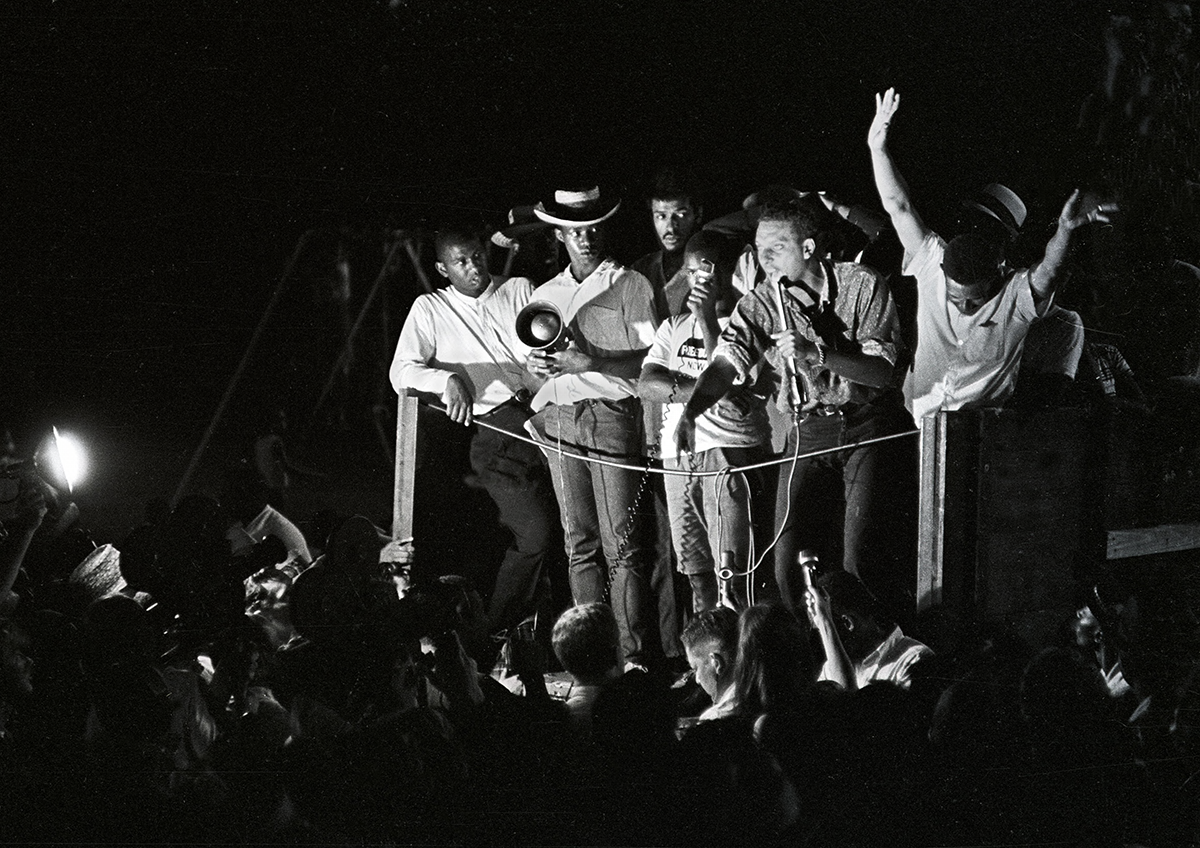
What We Want
Primary Document By Kwame Ture (Stokely Carmichael)
Separatism−the determination of a particular group of people to resist assimilating to the majority culture−has a long history in the United States. This excerpt from the “What We Want” speech offers a rationale for the notion of an independent Black community.
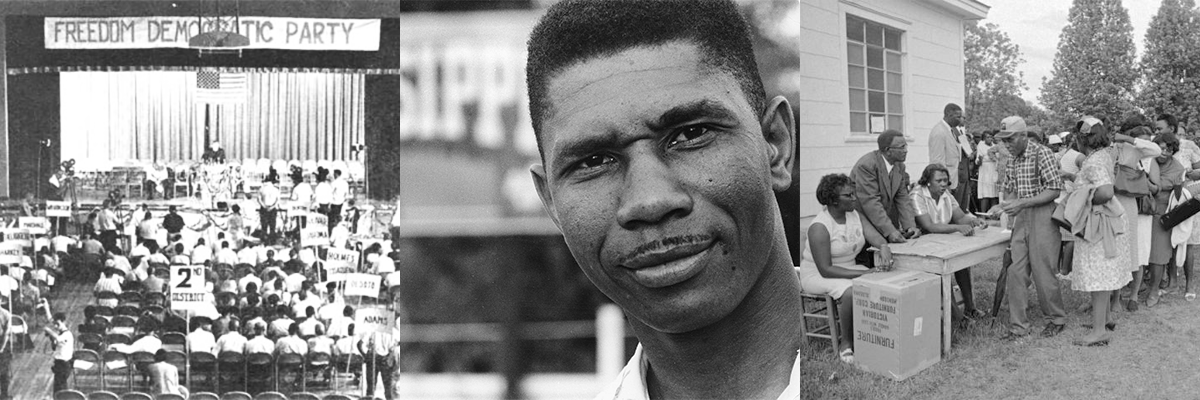
A Documents-Based Lesson on the Voting Rights Act
Lesson by Emilye Crosby
This lesson uses a case study of Lowndes County, Alabama and three SNCC-related documents from the early 1960s—just before and after the Voting Rights Act—to explore the impact of the Voting Rights Act (and 1964 Civil Rights Act) on every day southern Black citizens: What did the legislation mean to them? Did they achieve their goals?

Voices of Black Liberation
Lesson by Larry Miller
This roleplay is one way for students to become familiar with the writing and speeches of famous leaders of the Black liberation movement.
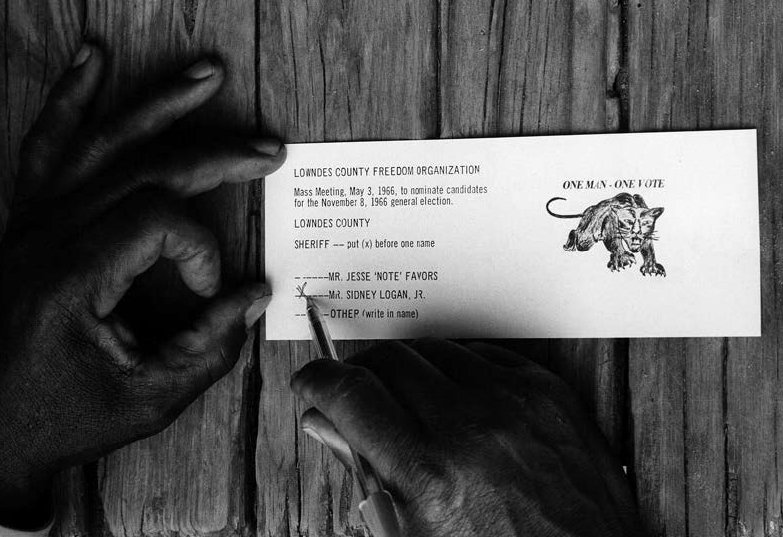
Lowndes County Freedom Organization (LCFO) Political Context
Reading by Emilye Crosby
Political context for the formation of the Lowndes County Freedom Organization (LCFO). This text is provided as background information for “A Documents-Based Lesson on the Voting Rights Act.”
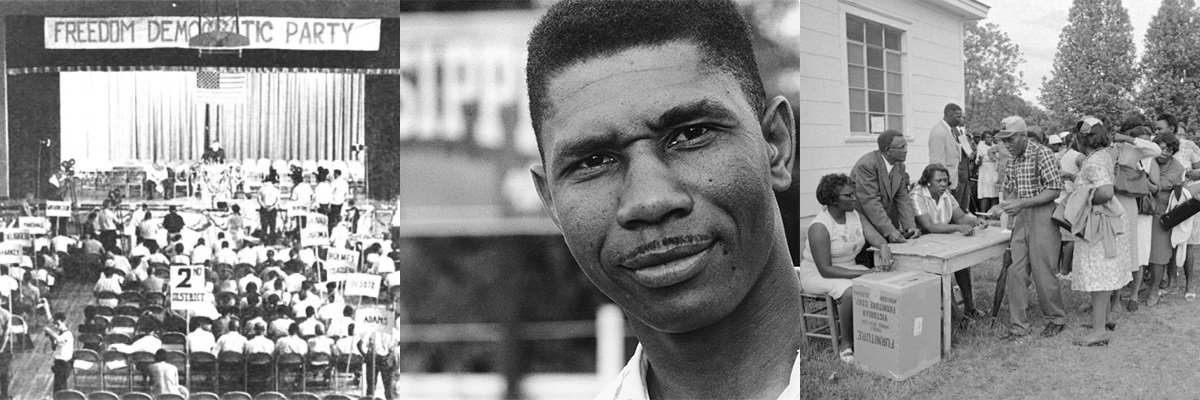
Key Dates in Voting Rights History
Timeline by Emilye Crosby
This timeline of key dates in the struggle for voting rights is provided as background information for “A Documents-Based Lesson on the Voting Rights Act: A Case Study of SNCC’s work in Lowndes County and the Emergence of Black Power” by Emilye Crosby.
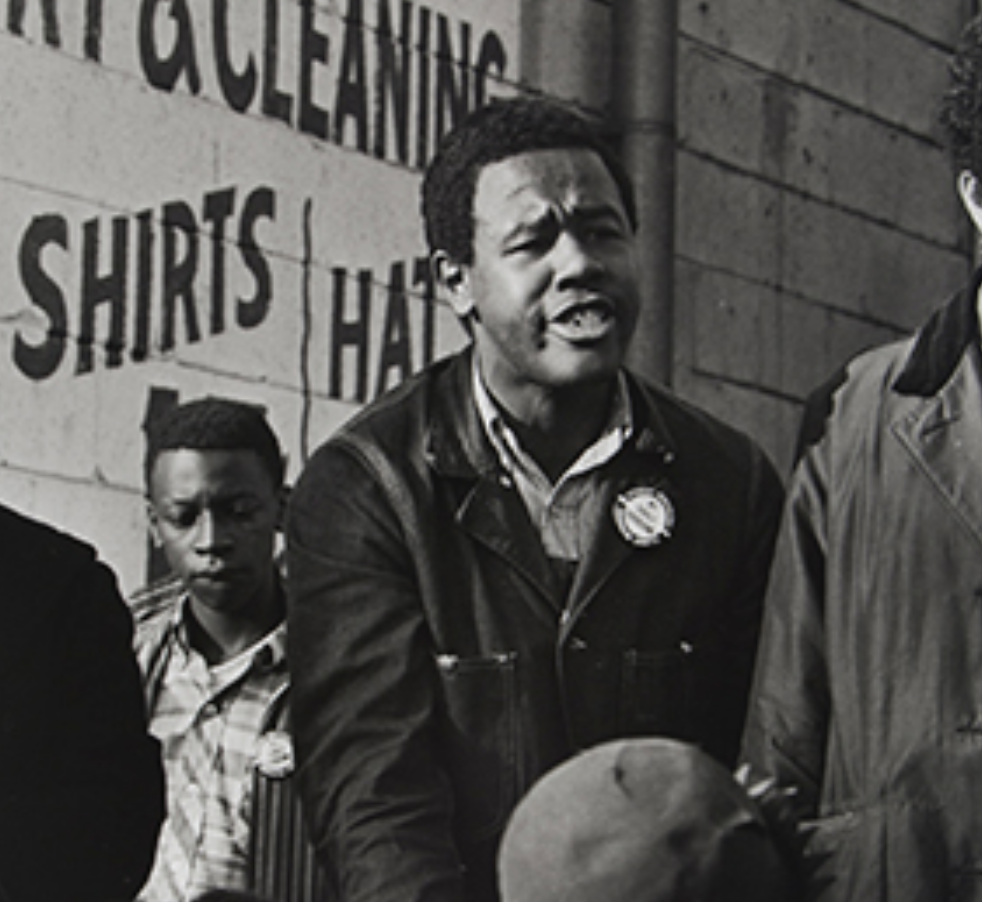
From Civil Rights to Black Power: The Significance of the 1965-66 Alabama Freedom Movement
Reading by Abayomi Azikiwe
The application of independent politics transformed the African American struggle in Selma, Alabama.
